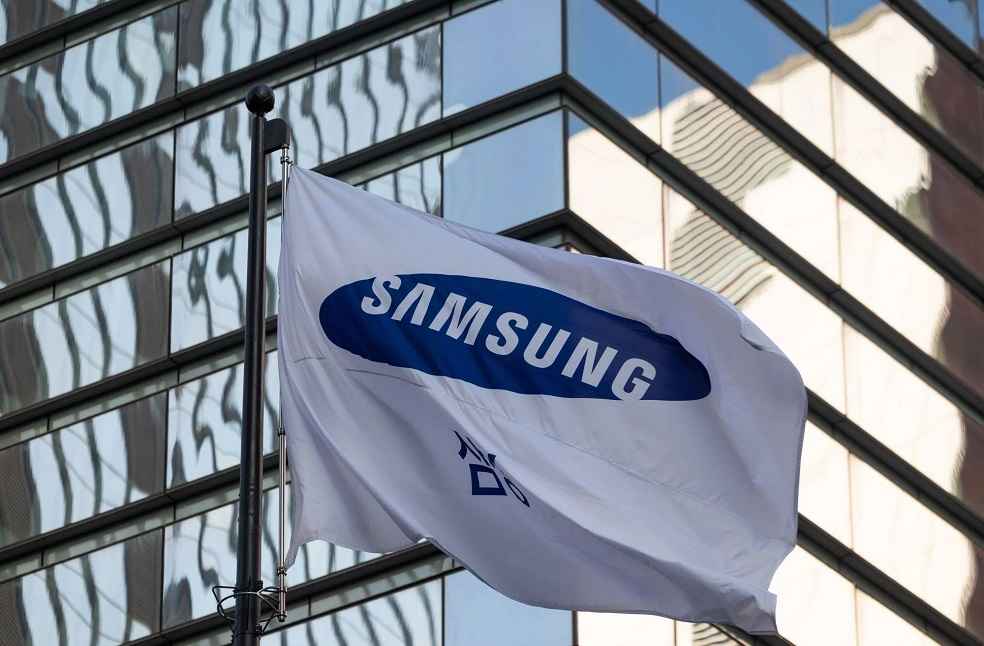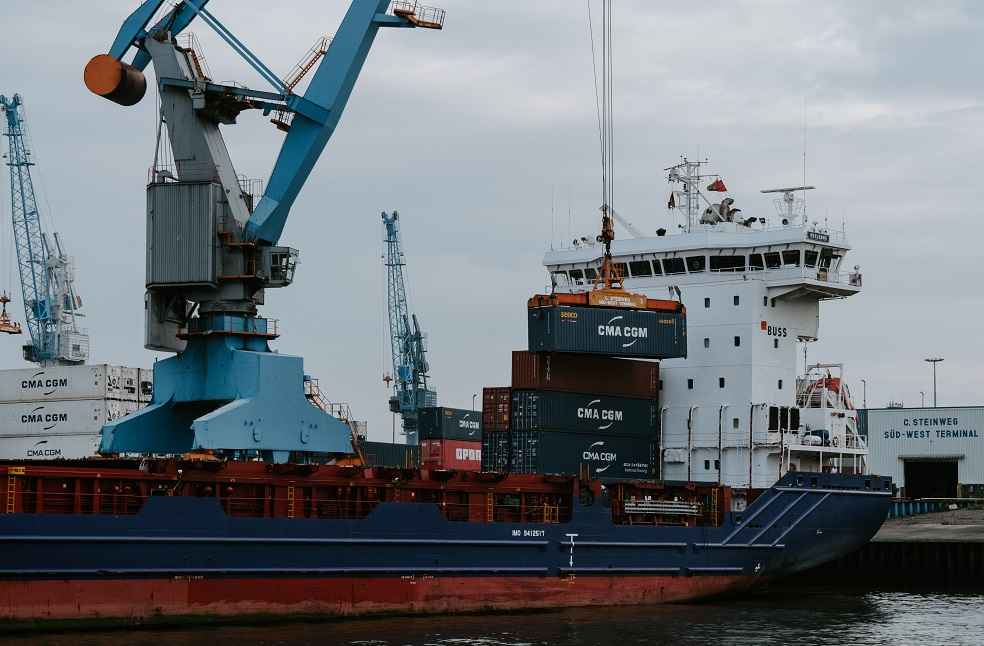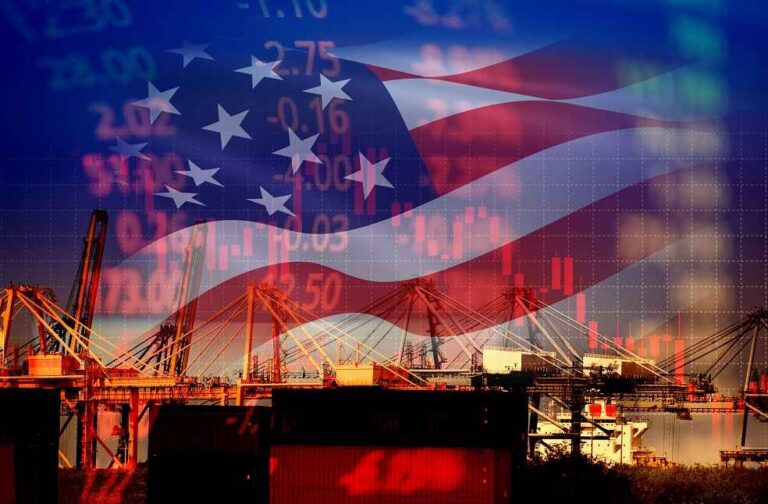Nearly 50,000 union longshoremen began a port strike at midnight Tuesday, shutting down 14 major ports along the East and Gulf Coasts, which handle half of U.S. imports. The disruption is expected to cost the U.S. economy billions of dollars per day, leading to shortages and price increases, especially in the food and automotive sectors.
The strike spans from Maine to Texas, affecting the Port of New York and New Jersey—the third-largest in the U.S. by cargo volume. General Motors, Glovis America, and LG Electronics are among the major importers impacted, according to ImportGenius data cited by CNBC.
The affected ports handle about $3 trillion in international trade annually, with Walmart, Ikea, and Samsung among the hardest hit, involving nearly 125,000 standard shipping containers, each capable of holding up to 28 tons of goods.

Some experts suggested diverting cargo to Canada and the West Coast, but the International Longshoreman’s Association warned union solidarity across North America could hinder such efforts.
Costco appears better prepared, having pre-shipped items ahead of the holiday season. CEO Ron Vachris stated the company doesn’t rely heavily on imported food, minimizing the impact.
Economic Impact on Industries
The strike will heavily impact several industries, including food, pharmaceuticals, apparel, and automotive. A quarter of all bananas imported into the U.S. pass through these ports, according to the American Farm Bureau.
East and Gulf Coast ports also handle 53% of all imported apparel, footwear, and accessories, valued at about $92 billion, according to Steve Lamar, CEO of the American Apparel and Footwear Association.

Image by: Kai Pilger | Pexels
The Anderson Economic Group estimates a one-week strike will cost longshoremen and the United States Maritime Alliance $2.1 billion. Other estimates suggest daily losses in the billions, although Anderson believes the strike will delay rather than destroy trade. Alan Murphy, CEO of Sea-Intelligence, warned that a strike lasting over a month could trigger a recession.
Labor Negotiations and Broader Disputes
Negotiations broke down in June, with the union accusing ports of violating automation rules. The United States Maritime Alliance offered a 50% wage increase over six years, but the union demands a 77% increase, potentially raising top pay to $69 per hour, according to CNN.
Meanwhile, Boeing workers in Washington State remain on strike for the third week after failed negotiations, reducing U.S. GDP by $1 billion in the first two weeks, according to IMPLAN.
MOST POPULAR | Biden Stands Back as Dockworkers Strike Threatens Key US Ports and Trade



